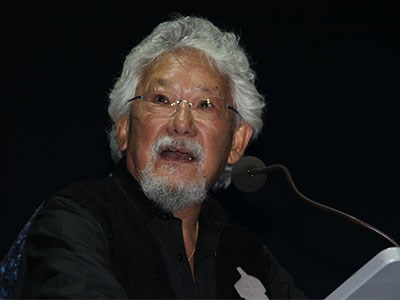The David Suzuki Foundation is siding with two northern First Nation communities in requesting a moratorium on mining exploration permits in the Ring of Fire.
The Toronto and Vancouver-based environmental organization has been working with Neskantaga and Nibinamik to build the remote communities’ policy and decision-making capacity toward making planning and land-use decisions that are in keeping with their traditional way of life.
Last September, Neskantaga and Nibinamik were two of nine Matawa tribal council communities that called for a moratorium on granting permits for mineral exploration until First Nations and Queen’s Park finalized a regional consultation protocol to address development in the James Bay lowlands.
The chiefs accused the province of moving forward on permitting companies which have not consulted with area First Nations. They insist it breaks the spirit of a regional framework signed last March that was supposed to guide future mining and infrastructure development in the Far North.
"We agree that proceeding with development decisions while negotiations are under way is counterproductive," said Rachel Plotkin, the foundation’s Ontario science projects manager, in a Nov. 27 press release. "The David Suzuki Foundation strongly believes that before mineral prospecting begins, sufficient investments must be made in the social capital of the affected communities, such as investments in community services, so they can successfully engage in government-to-government decision-making processes."
The foundation pointed out that Neskantaga declared a state of emergency last year in the wake of a number of suicides and suicide attempts in the remote community.
“The community continues to advance initiatives to heal from the traumas of colonialism, forced relocation and residential schools and to seek a positive path for working with the provincial government.”




